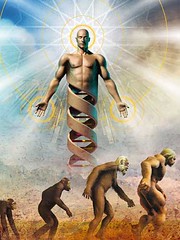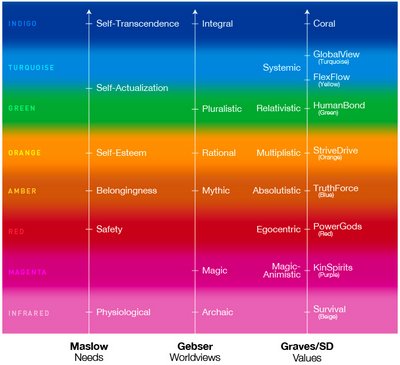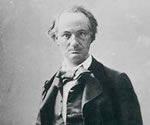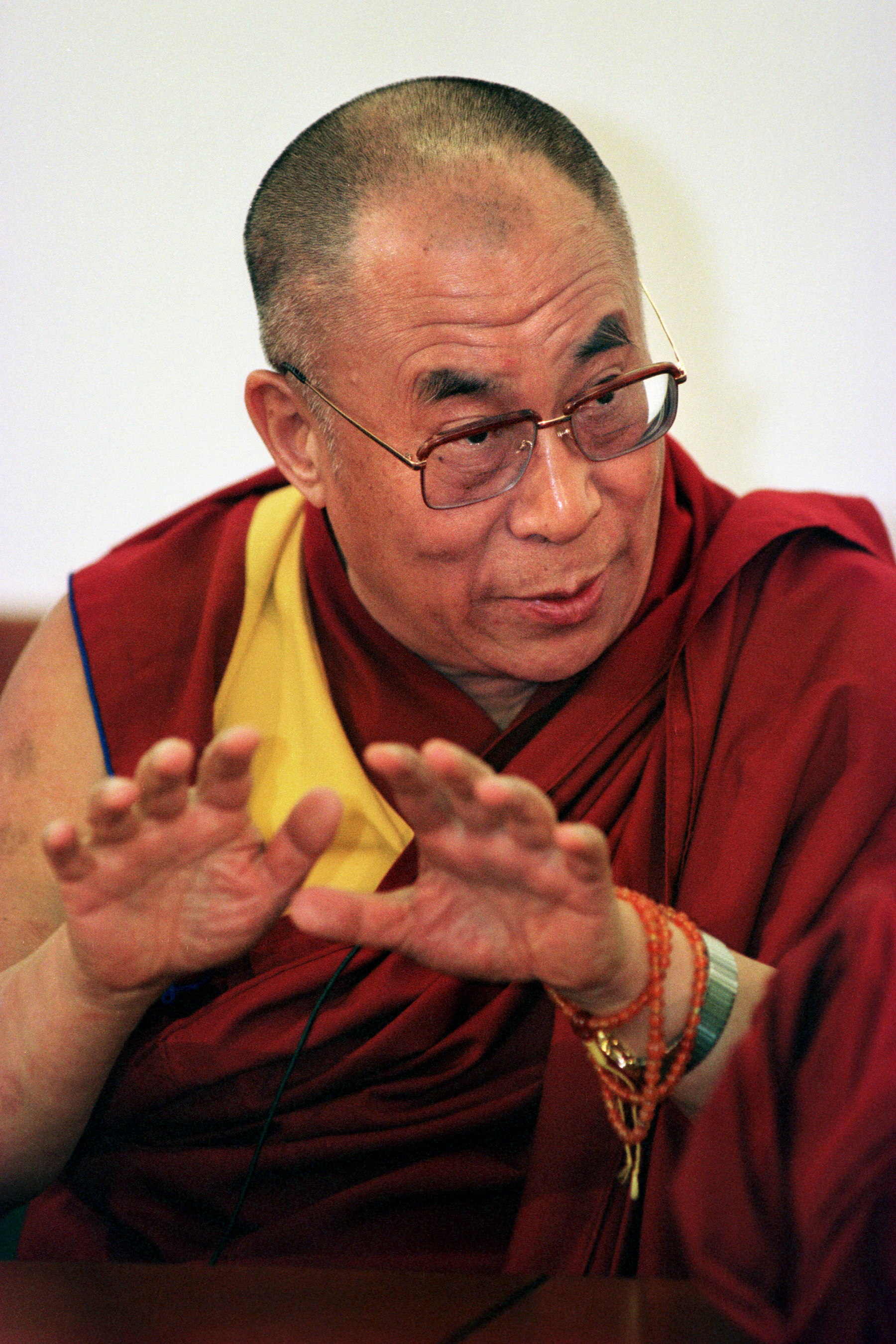Wired has a background story on Randi's efforts over the years as the skeptic's skeptic and a look at his new mission. Here is an excerpt:
Does anyone else get the feeling that the scientific-rational developmental stage is starting to emerge more forcefully? With Sam Harris, Richard Dawkins and other atheists attacking the fundamentalist religious worldview and James Randi stepping up his efforts to discredit the "psychic" charlatans, it feels like we are seeing the growing edge of rationalism in opposition to the magical-mythic, pre-modern worldviews that seem to have been so dominant.Randi says he'll start actively investigating professional mind-readers and mediums for proof of criminal fraud, or opportunities for civil lawsuits. Like Elliot Ness stalking Al Capone, he's not above busting a psychic for tangential infractions like tax code violations or an SEC matter.
At the same time, the foundation will choose six to eight high-profile targets each year, meticulously outline their claims, and then call them out one-by-one.
"We're going to pick people every year and hammer on them," says Wagg. "We're going to send certified mail, we're going to do advertising. We're going to pick a few people and say, we are actively challenging you. We may advertise in The New York Times. This will make the challenge a better tool, to be what it is supposed to be."
The foundation will launch this public-shaming initiative with a list of four targets, including self-proclaimed medium John Edward, and daytime talk show darling Sylvia Browne, who claims she can tell the future and see angels.
Browne is one of the United States' best known psychics, a best-selling author who frequently appears on Montel Williams and CNN's Larry King Live. In a 2001 appearance on Larry King, goaded by Randi, she seemed to agree to take the Million Dollar Challenge. She later backed away in an open letter to Randi on her website.
"As the saying goes, my self worth is completely unrelated to your opinion of me, and I've worked far too hard for far too many years, and have far too much left to do, to jump through hoops in the hope of proving something you've staked your reputations on mocking," she wrote. "I have no interest in your $1 million or any intention of pursuing it."
That's a disappointment, because if Browne's claims were ever to stand up to a scientific test in an adversarial process, it would be an unprecedented event in modern history, potentially changing our scientific understanding of the universe. Instead, you can buy a psychic phone call with her for $700.
Unlike Browne, Edward has never flip-flopped on the Randi test. He won't do it. In an appearance on CNN Headline News last October, he dismissed the notion with a quip. "Would I allow myself to be tested by somebody's whose got an adjective as a first name?" he said -- a reference to Randi's stage name, "The Amazing Randi."
CNN host Glenn Beck didn't press Edward for a serious answer. Instead he asked Edward about the time he contacted his mother beyond the grave -- "What was that like?" -- then opened the phones to callers looking for psychic advice. Edward specializes in passing messages between bereaved family members and their deceased loved ones; he told the first caller that someone in his family has cancer.
Edward didn't respond to an e-mail query for this story; Browne didn't return a phone call, and neither responded to several minutes of intense concentration. The other two psychics in Randi's fantastic four are Israeli spoon-bender Uri Geller and James Van Praagh, co-executive producer of CBS' Ghost Whisperer.
The media's lightweight treatment of professional psychics is a deadly serious matter to Randi. "People like Sylvia Browne have a very high profile, and she's always going to be on Montel Williams and she's going to be on Larry King," he says. "And they know what's going on, they're smart people. They know what's going on and they don't care."
Maybe it's just wishful thinking on my part, but if nothing else, these proponents of rationalism are certainly getting more media attention.
Unfortunately, it feels like we might be seeing a flatland rationalism (all horizontal and no vertical) as a kind of antithesis to the thesis of pre-modernism. We might have to weather this until a synthesis can emerge that allows for vertical reality.










 Although Peter Pan author
Although Peter Pan author 


